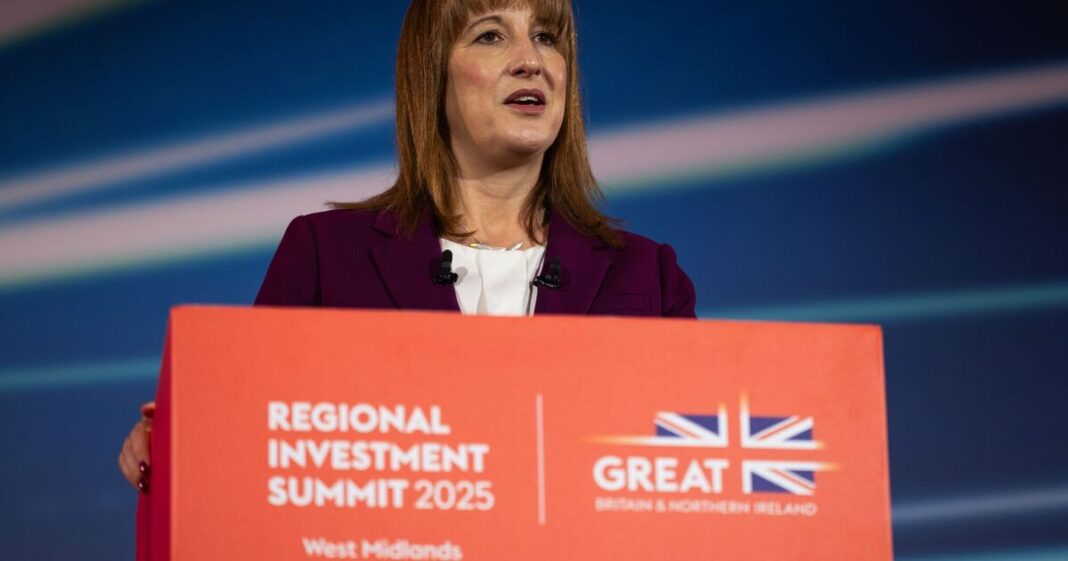Tax breaks for workers buying expensive bikes through “Cycle to Work” salary sacrifice schemes are set to be sharply reduced under plans drawn up by Rachel Reeves.
A new upper limit is expected to be reintroduced on how much can be spent on a manual or electric bicycle, amid growing concern in Whitehall that taxpayers are subsidising high earners’ luxury leisure.
The £1,000 ceiling on bike purchases was scrapped in 2019, opening the door to claims for high-end e-bikes and performance road bikes costing up to £10,000.
One government insider told the FT: “Cycle to Work should be about helping ordinary commuters switch to greener travel, not giving tax breaks to high earners buying £4,000 e-bikes for weekend rides in the Surrey Hills. Taxpayers shouldn’t be footing the bill for luxury leisure.”
The scheme, launched by Tony Blair’s Labour government in 1999, allows employees to buy bikes and equipment through interest-free loans from their employer. Payments are taken directly from pre-tax earnings, cutting income tax and National Insurance bills.
Higher-rate taxpayers can save around 42% of the cost of a new bike, while basic-rate taxpayers save about 30%.
HMRC figures show that the number of workers claiming under the scheme rose from 167,000 in 2019–20 to 209,000 last year. The total cost to the Treasury jumped from £55million to £130million over the same period.
While ministers accept that good-quality e-bikes for commuting typically cost around £2,000 and cargo bikes about £5,000, officials argue the scheme has been abused by wealthy cyclists buying top-end models for leisure use.
Retailers admit some customers have used the perk to fund discounted purchases of performance bikes.
Will Pearson, co-owner of London-based Pearson Cycles, warned the move could hit sales and hinder the shift to greener transport.
He said: “The government should leave the scheme alone or, ideally, improve the incentives rather than restrict them. Customers are far more likely to consistently use their bikes if they are of a certain quality, reliable and efficient – and this often comes at a higher price tag.”
The Treasury declined to comment on what it called “Budget speculation”.
The expected clampdown follows reports that Ms Reeves will also curb the tax benefits of salary sacrifice pension schemes as she seeks to plug a £20–£30billion hole in the public finances.


